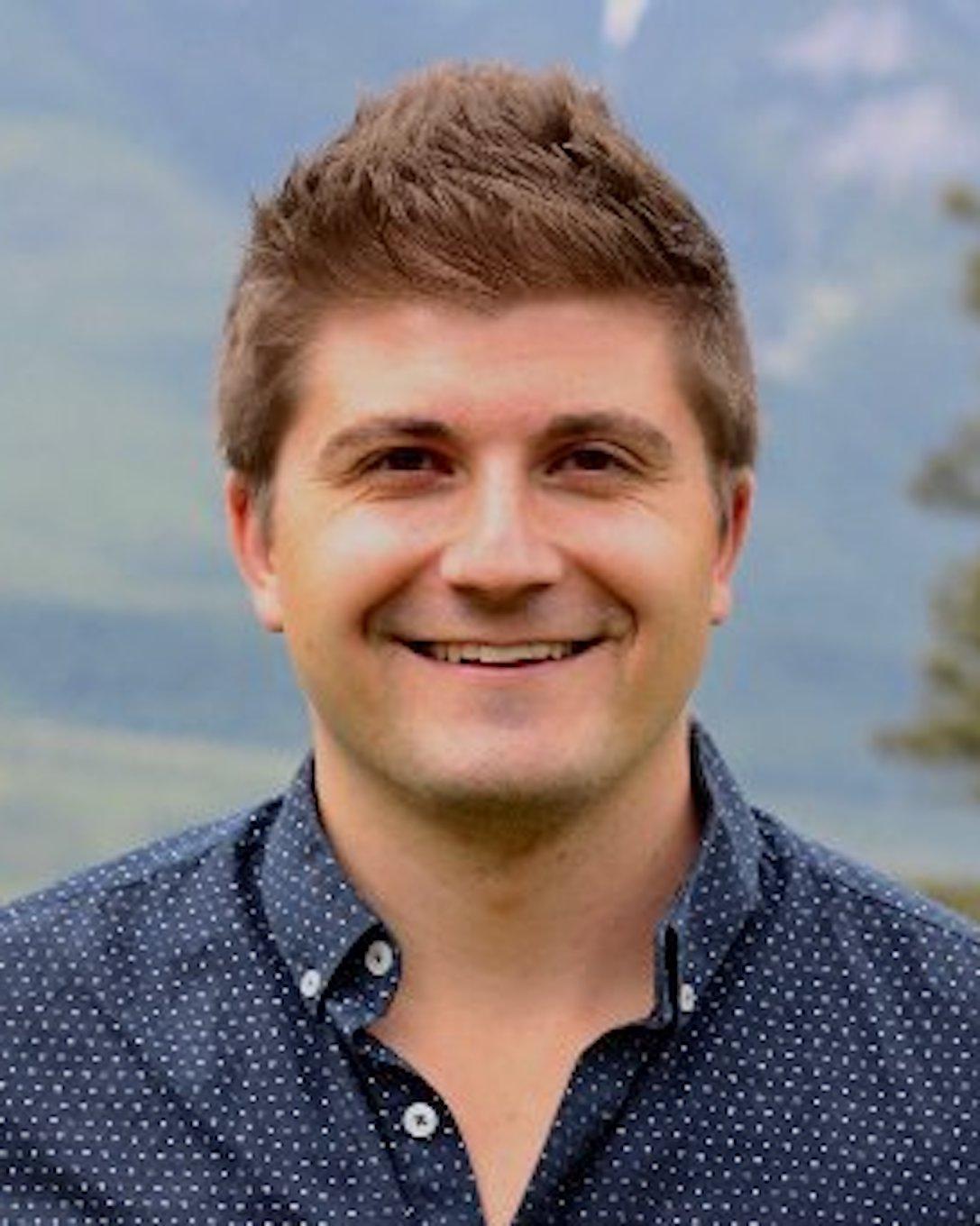Dr. Mike Tymko

Assistant Professor
College of Biological Science, Department of Human Health Sciences
Profile
My research interests in environmental and cerebrovascular physiology began when I was an undergraduate student at Mount Royal University under the supervision of Dr. Trevor Day. As an undergraduate, I participated on a research expedition to the Nepal Himalaya where our team conducted a series of human physiology experiments. This experience led me to completing my MSc under Dr. Glenjamin Foster where I studied the effects of changes in oxygen and arterial blood tension on respiratory function, and my PhD with Dr. Philip Ainslie where I studied the impact of high altitude on peripheral and cerebrovascular function. After the completion of my graduate training, I completed a postdoctoral fellowship in Dr. Craig Steinback's laboratory at the University of Alberta exploring the relationship between autonomic nervous activity and cerebrovascular function, and then a second postdoctoral fellowship with Dr. Mypinder Sekhon at the University of British Columbia where I continued this line of work in mild brain injury (i.e., concussion). My graduate and postdoctoral training shaped the theme of my current research program at the University of Guelph. In my laboratory, we use various methods to evoke alterations in autonomic nervous activity (e.g., hypoxia, carbon dioxide, orthostatic stress, thermal stress) to explore the link between these autonomic stressors and the regulation of brain blood flow in health and disease.
Education
- 2008-2012 BHSc., Mount Royal University (Calgary, AB)
- 2013-2015 MSc., University of British Columbia (Kelowna, BC)
- 2015-2019 PhD., University of British Columbia (Kelowna, BC)
- 2019-2021 PDF., University of Alberta (Edmonton, AB)
- 2021-2023 PDF., University of British Columbia (Vancouver, BC)
Research
Dr. Tymko’s postdoctoral studies have primarily focused on how environmental stressors (e.g., high altitude, exercise, thermal stress) alter peripheral and cerebral vascular function in healthy humans. Understanding human adaptation (or maldapation) to stress provides novel insight into the mechanism(s) that govern blood vessel health.
Selected Publications
Check out Google Scholar for an updated list (Tymko - Google Scholar)
Graduate Students
| Name | Role | |
|---|---|---|
| Osei-Boateng, Christabel | PhD Student | |
| McCrone, Jenna | MSc Student | |
| Wideman, Connor | MSc Student | |
| MacDonald, Ty | MSc Student | |
| Tsioros, Sam | MSc Student | |
| Cahill, Simon | MSc Student |
- Currently accepting graduate student applications